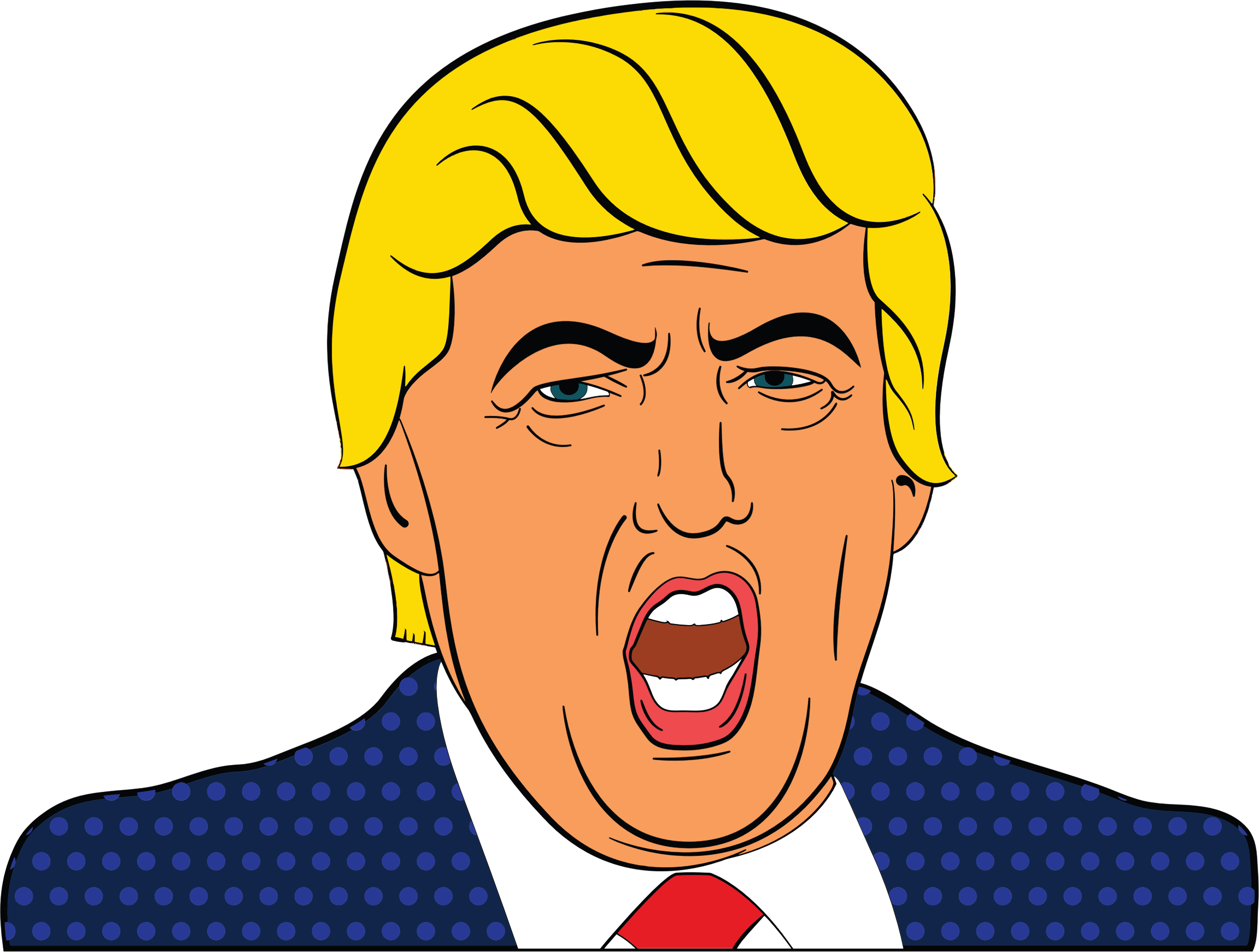Until very recently, electoral politics has been a contest of façades, rhetorical and visual simulacra competing with other ones. Somewhere underneath it all, real flesh-and-blood people are straitjacketed in talking-points and boilerplate, forming over them like a full-body mask.
This is such a commonplace that no one questions it. We expect it. Even those of us who like to get at the root of things — literally, radicals — find ourselves quite at home in this discursive world of the anodyne, the commonplace, the glib and thoughtless formulation. We, too, share in the babbled, incoherent language of somnambulists, and speak it too often ourselves.
I am not here merely recapitulating Orwell, whose essay “Politics and the English Language” should be required weekly reading for anyone commenting upon current events, let alone entering what we laughingly call public life. The latter is neither public (what is made public is only a series of reassuring signifiers) nor, it must be said, alive.
When one listened during the U.S. Presidential election to the ultimate machine candidate, Hillary Clinton, the word “undead” came to mind: not one original thought was enunciated, not a single unique phrasing. She opened her mouth and the system spoke. She was just an echoing shell, amplifying the political commonplaces of the day; rising, in the immortal words of Chicago’s Mayor Richard Daley in 1968, to ever higher and higher platitudes.
There is more than a bad use of language here, disguising a laziness of thinking. There is a bad style, and worse, a bad culture. The language is used deliberately and strategically, not out of sloppiness. Politics has only one audience: the trick has been to say things that cause as few as possible of the snoozers in the cheap seats to come fully awake.
But last Fall, the snoozers were becoming wakeful all on their own. For some, the system was causing palpable harm. For many others, the system had no discernible effect, pro or con, and the seats in the audience had become hard and uncomfortable. It was impossible to connect abstract policy pronouncements with their own lived daily lives. The largely empty ritual of elections had lost any mana it might have once possessed as a periodic reaffirmation of American democracy.
Enter Bernie Sanders, and enter Donald Trump.
Neither man traded in evasive, ambiguous abstractions. They spoke as though they shared the same world as their audiences. They said what they meant. Their frankness was fresh and to many, jarring. Both, as it turned out, attracted surprising support — surprising to the dominant political culture, at least. They raised issues in flesh and blood fashion, speaking to a collective sense of loss. Their solutions were, of course, diametrically opposed, but it was not the substance of their critiques of business as usual that their audiences were after. It was their lack of careful parsing, of cultivated ambiguity, of being all things to all people. It was their language that seemed to go to the heart of things that jolted their listeners awake.
I don’t want to pursue the Sanders-Trump parallelism too far, obviously, although there is, it must be said, an odd commingling of world-views in some respects. Who was the anti-war candidate? The anti-free trade candidate? Who spoke directly to a wide swathe of bruised and battered citizens?
The Democratic machine ensured that Sanders, with his mega-crowds of eager listeners and followers, would be shut out of the game by any means necessary. The Republican machine, for its part, was simply unready and unable to withstand the flood. The time of raw authenticity had come. A Sanders-Trump contest would arguably have been a victory for Sanders, a plain-speaker of substance versus a gaseous windbag, but Americans were denied that choice. We know the result.
It didn’t matter a whit that Trump is a crude and oafish bullshitter who doesn’t say what he thinks, because he actually thinks very little. Language for him is the gauze wrapping of his hyper-narcissism. But his voters, like cutters who injure themselves deliberately so that they can actually feel something, cast their ballots in defiance: in Michael Moore’s words, it was the largest “Fuck You” in human history, not to the Democrats, but to the smarmy political culture of the day. Instead of the politics of interpretation, nuance, image, razzle-dazzle and inevitable disappointment, the U.S. electorate opted for What You See Is What You Get.
This is why it’s so pointless to express daily outrage about the behaviour and shambolic public utterances of this oik: it’s precisely because of that sort of thing that he won the election. Where the china shop is out of reach, root for the fucking bull.
The first week of the bull’s Year Zero has targeted a lot of people for injury but offered succour to none. His words and those of his spokespeople are becoming wilder and sillier. As one might have confidently predicted, signs of rising resistance are now everywhere visible. No President in history has been inaugurated with such a low standing in the polls, and it continues to sink. His inaugural crowds were relatively small, dwarfed by the Women’s March. “Sanctuary cities” are point-blank refusing to implement his racist policies.
For better or worse, millions of American voters are no longer asleep. Machine politics-as-usual has been torpedoed. We’re in new, frontier political territory, offering both danger and opportunity to all sides. Let’s see what Week Two brings.
Like this article? Please chip in to keep stories like these coming.
Image: Public Domain



